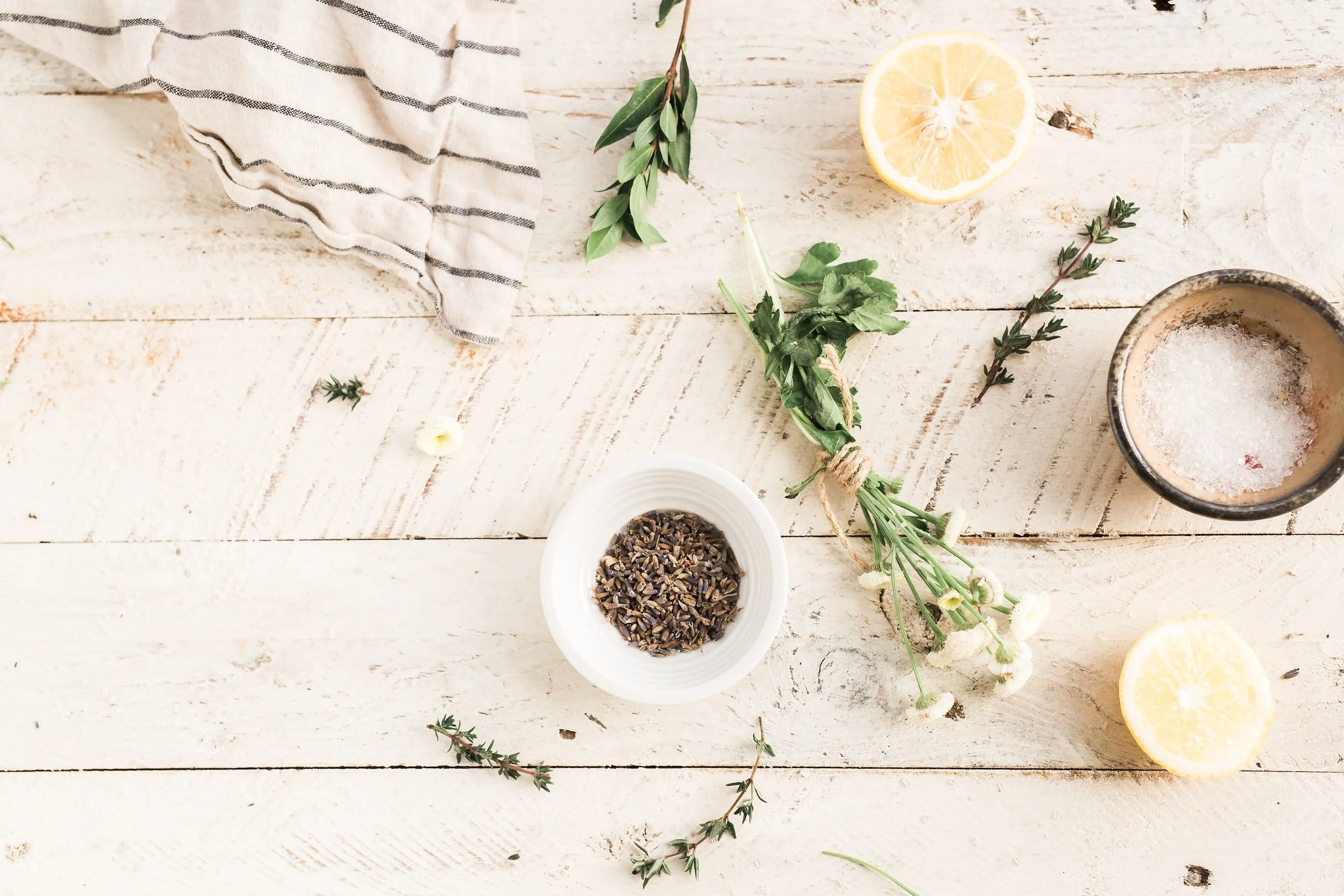What could it hurt?
Let’s begin with a story.
A few years back, I was at the Bulk Barn. I noticed that they were carrying Āyurvedic herbs on their shelves - I was both shocked and happy. Happy because it would be easier for those who needed the herbs to find them. Shocked because I wondered if people knew what these herbs did and when it makes sense to use them. I chose one to put in my cart to try the brand for myself. As I was checking out the cashier said to me “I saw these! I was going to try this herb.”
To which I replied, “Really? What are you using this herb for?”
And the cashier replies, “I don’t know, just cause. What could it hurt?”
My internal system froze like a deer in headlights. I got a little shaky on the inside, and felt uncomfortable. There was an assumption being made that this herb is benign… Which is a , thought pattern applied to so many things from foods, to practices, to activities, or other substances.
Benign, as defined by the dictionary, means “not harmful in effect” or “gentle and kindly”.
And what I can say about most things, including plants, herbs, Āyurvedic practices, Yoga, the food we eat, the water we drink, and the routines we practice – none of these are benign. If anything, these elements are powerful in their effects on our bodies and minds.
In Āyurveda there is a concept known as vīrya. Vīrya describes potency, or the strength of a substance to catalyze a change in a system. An example of this is taking an herb to effect a change in your physical or mental-emotional state. Another example might be a daily routine or practice to effect a change to your physical or mental-emotional state.
The concept of vīrya reminds us that all actions – be it taking an herb, adding something to your daily routine like yoga or tongue scraping, or removing a behaviour (not binge-watching Netflix) – all actions have effects. And these effects can support your health and well-being, be neutral to your health and well-being, or reduce your health and well-being.
The story I shared above was the start of noticing how often people assume that things (the actions they take, the foods and medicines they consume, etc.) have no potency. Turns out, most things are under estimated.
Plant medicine and daily routine practices all have the potency to change how things are working in your body-mind. That’s why we use them. The effects can be obvious or subtle, either way, they have effects. One of the trends emerging is a lack of awareness around potency and around the specificity of the effects. This is not a useful trend. This is how people get harmed and our suffering increases. And this is why it is useful to learn what something’s potency and effect are, or connect with someone who specializes in understanding the potency and effects of substances and practices – all to make sure that what you engage with will be supportive to you and to keep you from harm.
The invitation here is to consider the actions you take (including the foods you eat, the herbs or pharmaceuticals you consume, the activities you engage in – all your practices) and the effects they have on your body, energy, emotions, mind, and spirit. Notice how everything you do, or don’t do, has an effect on you in some way. Begin to understand the potency of things. It’s a game-changer!
I hope you enjoy the exploration – it is very powerful.



